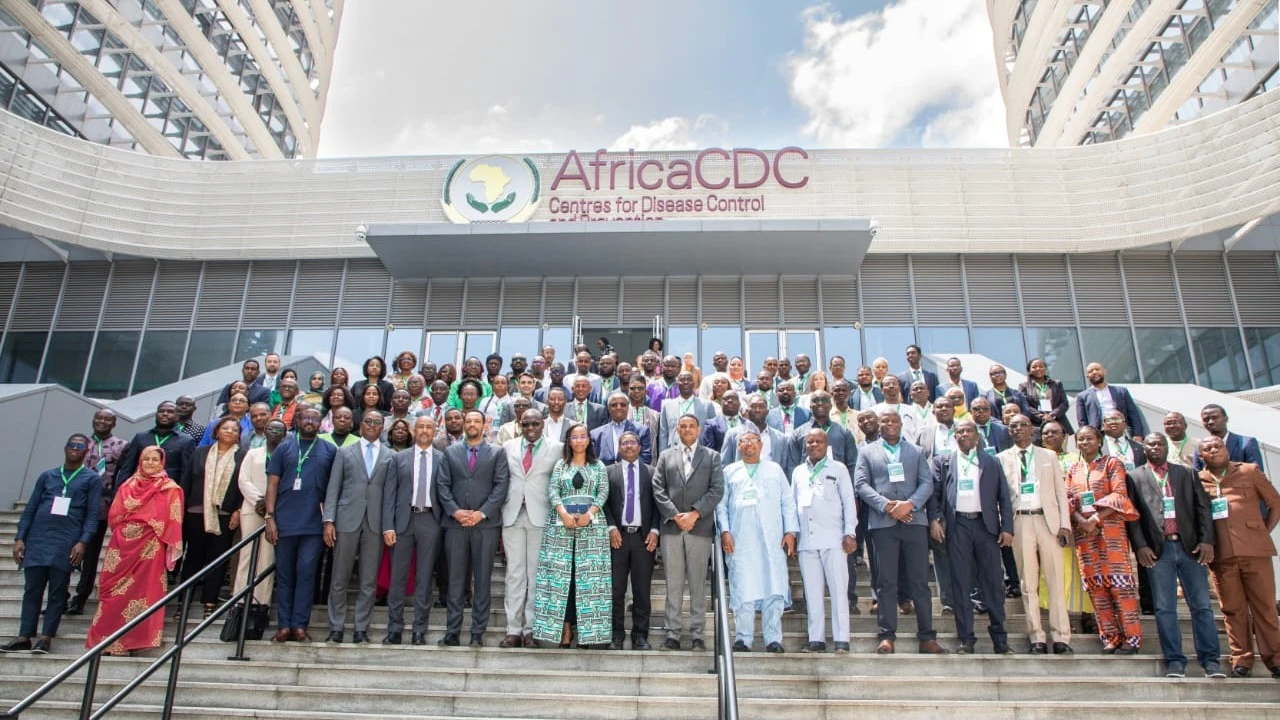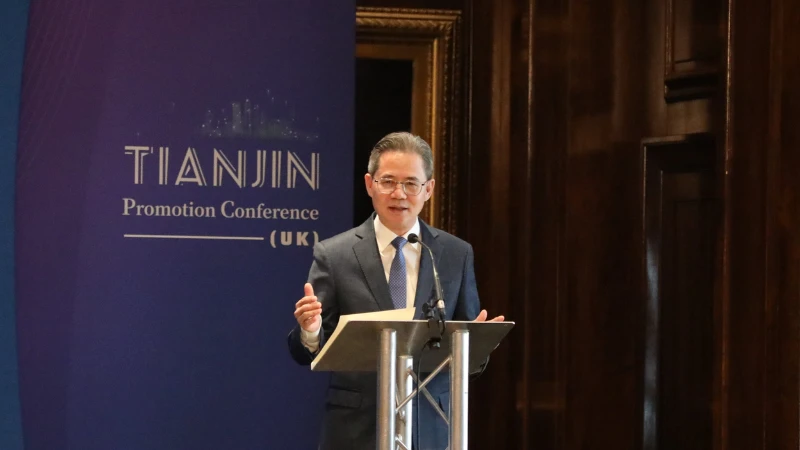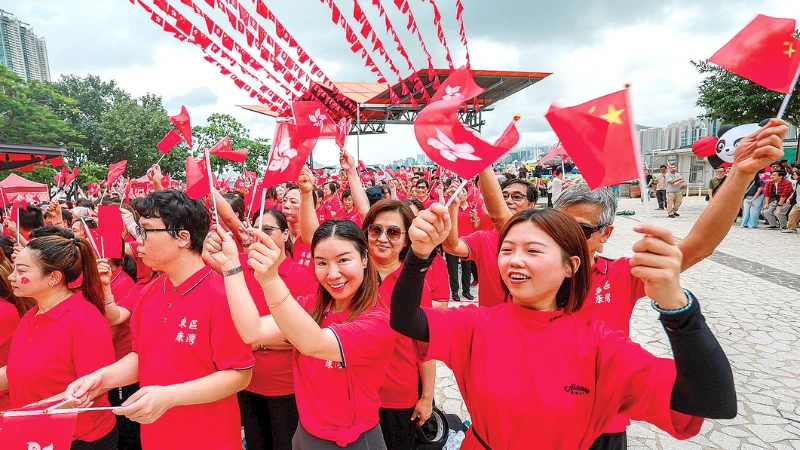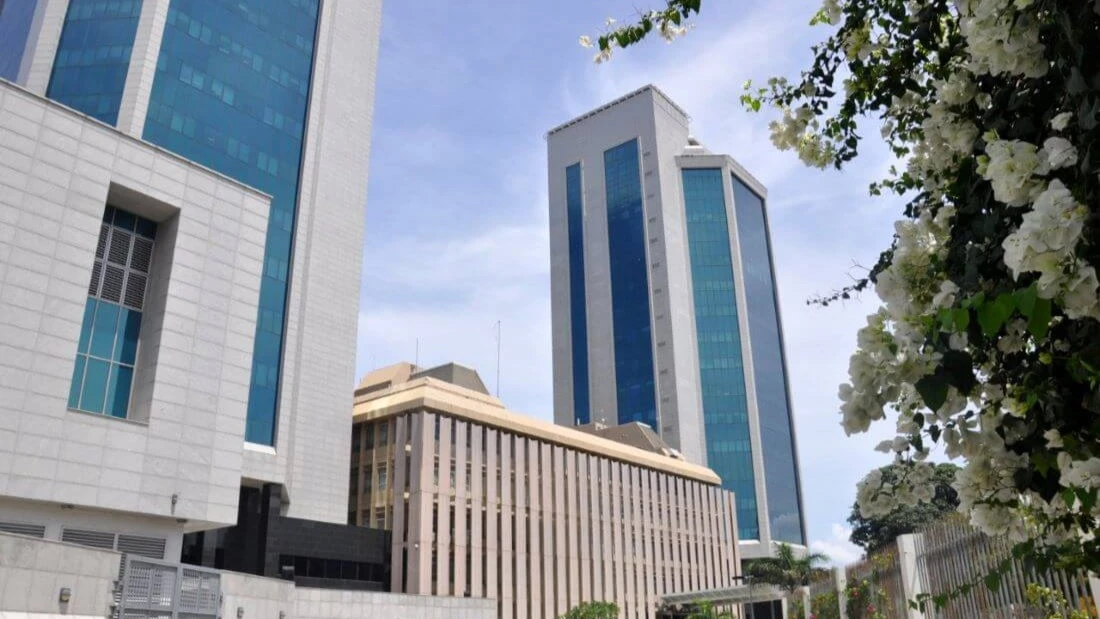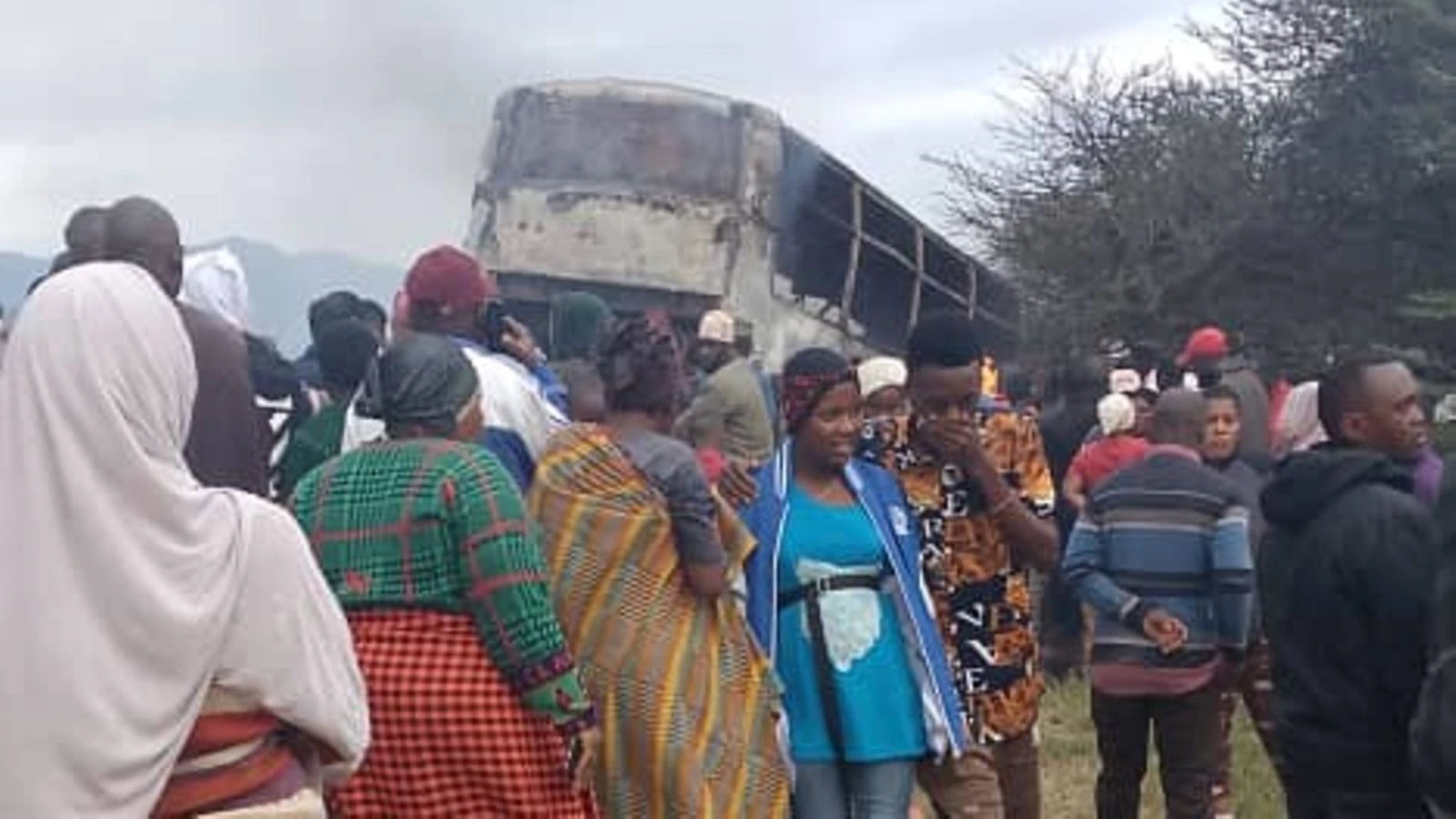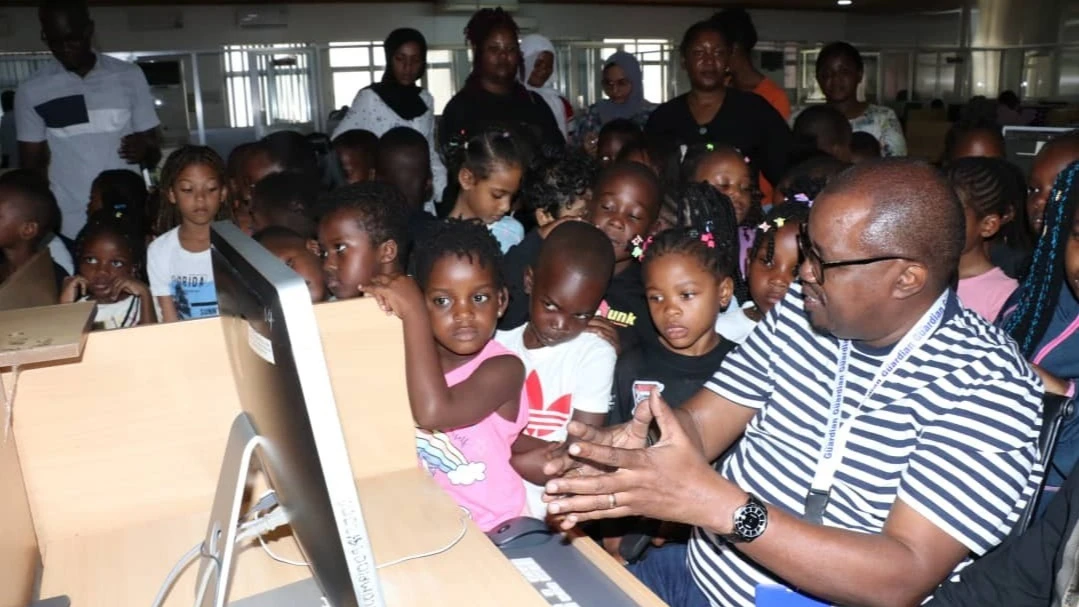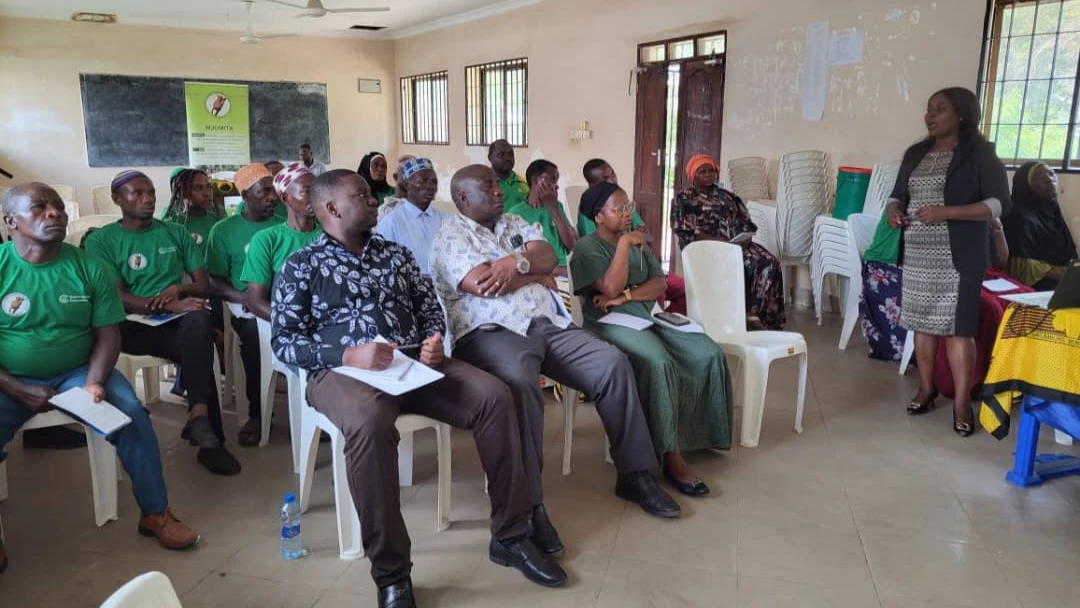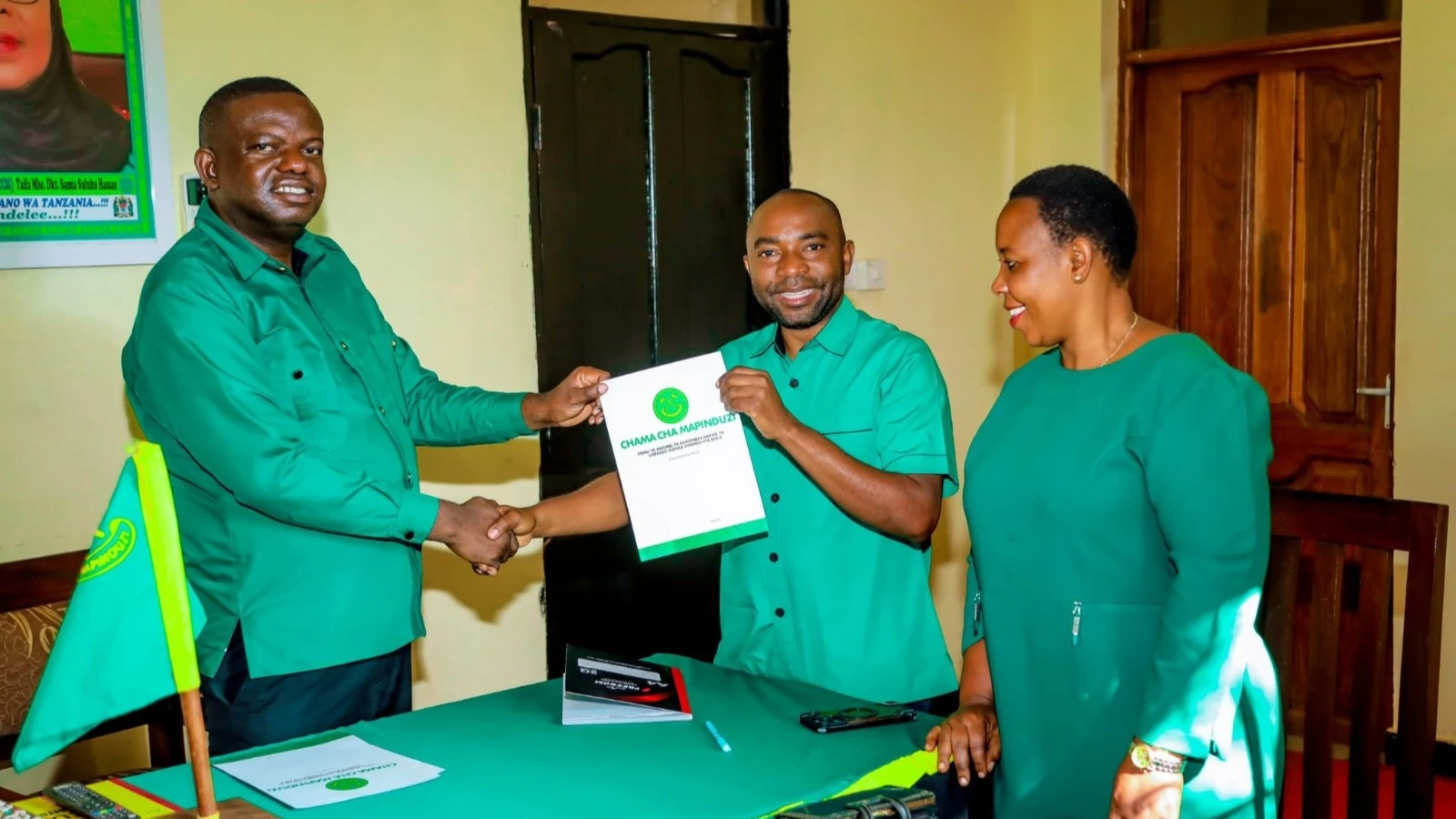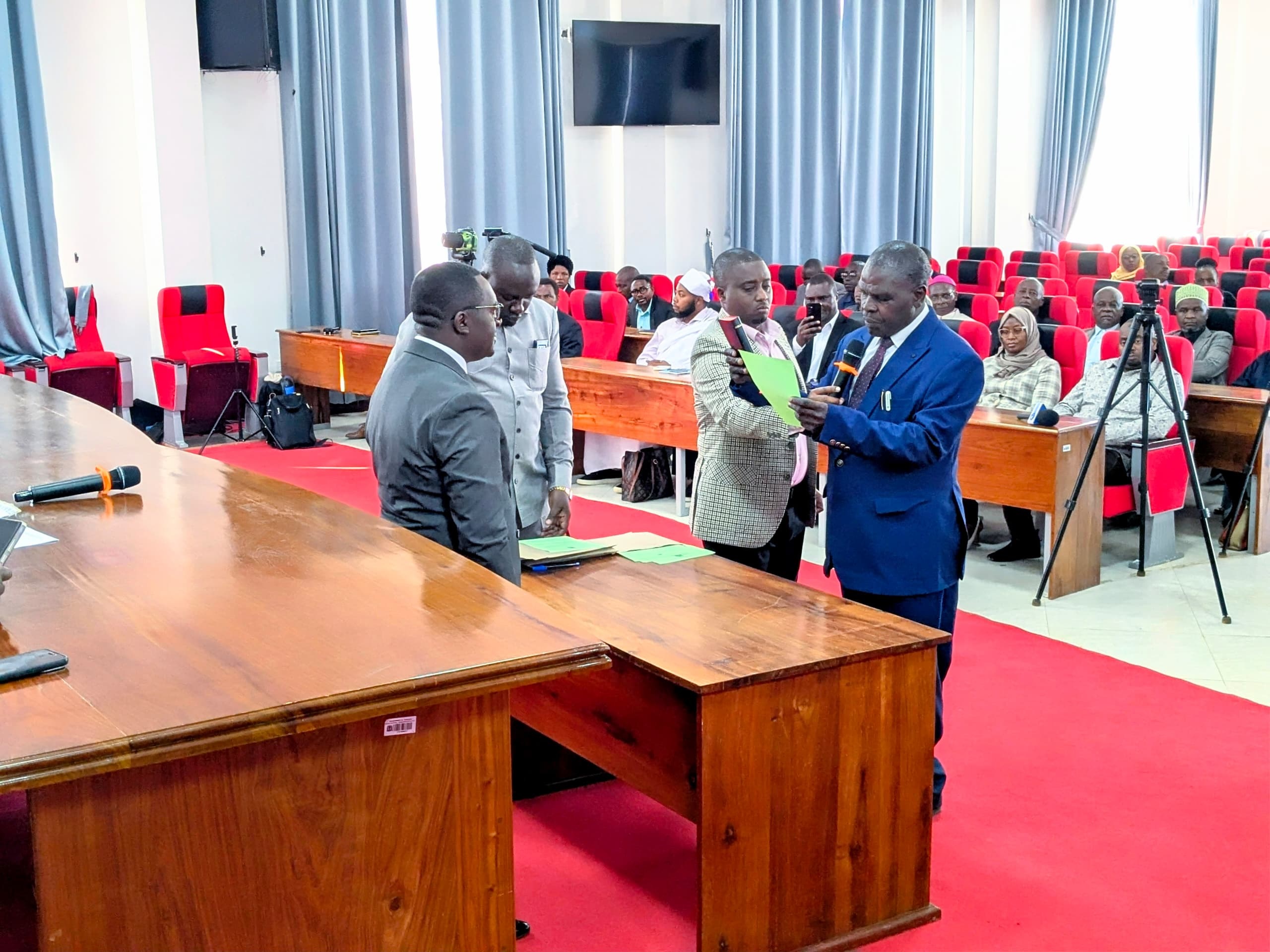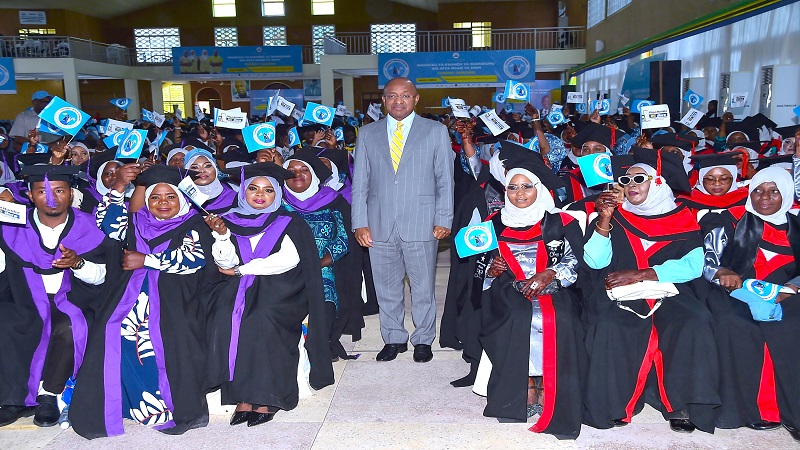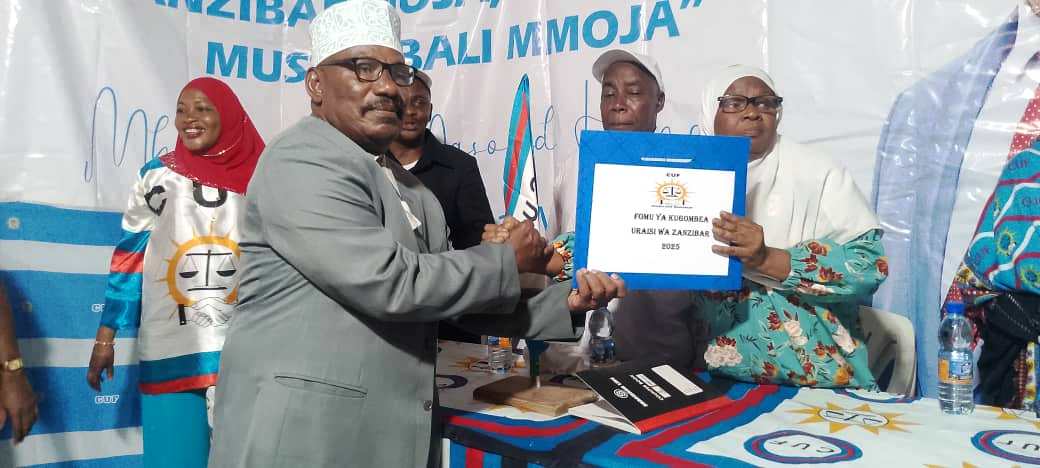Rufiji community fight against climate change, root by root
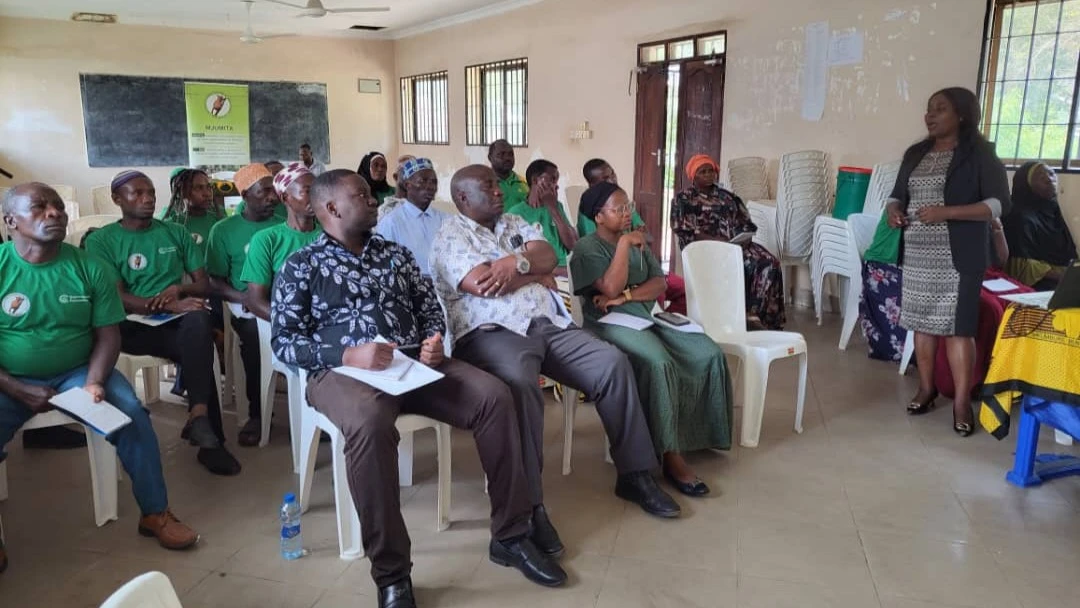
The air in Rufiji District, Coast Region, carries the scent of earth and the unspoken weight of a changing climate. Droughts scorch the once fertile land, floods devastate homes, and the specter of desertification looms large due to deforestation.
For generations, life here has been intrinsically linked to the land and its forests. Now, the very foundation of their existence is threatened, forcing communities into a desperate, yet determined, battle for survival.
"Ignoring climate change today means future generations will live in harsher conditions than we can imagine," declared Lt. Col. Fredrick Komba, the Rufiji District Commissioner, his voice echoing the urgency felt across the globe.
He spoke recently at a critical gathering of stakeholders, where the Tanzania Forest Management Community Network (MJUMITA) convened to assess the frontline progress against this invisible enemy. For Komba, climate change is no longer just an environmental issue; it is a profound global security threat, even here in Rufiji.
"We must develop a comprehensive strategy to address its impacts, promote climate resilience and protect the forest resources within our village lands," he urged, a clear call to arms for a district where the rhythm of life beats in time with the forests.
The genesis of this renewed fight lies in the "Elevating Voices of Rural Women and Youth for Climate Justice in Tanzania (ELEVATE)" project. A two-year initiative by MJUMITA, bolstered by the Commonwealth Foundation, ELEVATE set out to arm communities with the knowledge and tools to face a future already marked by rising temperatures and erratic weather. It began with training Trainers of Trainers (TOTs), sowing seeds of expertise that would hopefully blossom into widespread resilience.
Among these dedicated trainers is Dorise Malaba from Kitapi village. Her eyes, weathered by the sun but bright with purpose, reflect the impact of the knowledge she gained. "Through the knowledge and skills gained from MJUMITA, so far, we have successfully planted 460 trees in primary schools, government institutions, and for individuals, as part of efforts to combat the effects of climate change," she recounted with a quiet pride.
Dorise and her fellow trainers aren't just planting trees; they are cultivating a new understanding. They lead sessions in schools, mosques, churches, and public meetings, translating complex climate science into tangible actions. "Right now we have started seeing some community members taking serious measures using sustainable farming methods and drought-resistant seeds," she observed, a testament to the changing mindsets. Her gratitude to MJUMITA and the Commonwealth Foundation is palpable, for they didn't just bring a project; they ignited a realization of personal agency in the face of a global crisis.
The district government, under Commissioner Komba's leadership, is not standing idly by. Recognizing the existential threat, Rufiji has unveiled an ambitious strategic plan: to plant trees in every single one of its 178 hamlets. "I have issued a directive that each hamlet should plant 10,000 trees annually, and they should monitor and care for those trees," Komba declared, linking this local endeavor directly to President Samia Suluhu Hassan’s broader environmental efforts.
The ambition is real: after experiencing the stark effects of climate change firsthand, the district set a goal to plant 3 million seedlings. In the 2024/2025 year, they achieved a remarkable 88 percent of this target, planting 1,327,304 trees, with an encouraging 81 percent survival rate.
It's a testament to the collective effort, from district officials to individual villagers, that Rufiji is striving to build a green wall against the encroaching threats.
Yet, beneath the verdant canopy of renewed hope, deep-rooted challenges persist. Dorise Malaba, despite her successes, voiced frustrations that echo across the villages of Rufiji. The bureaucratic gears turn agonizingly slow. Forest Harvesting Plans, forest management plans, and crucial by-laws for village forest reserves like Mbwara and Nambunju remain stuck in administrative limbo. Since their submission in 2022, these vital documents, painstakingly prepared with funding from World Wildlife (WWF), have not been returned for implementation.
"Due to this challenge, illegal harvesting of forest products is increasing," Malaba lamented. People from outside the community slip into the reserves, felling trees for timber, charcoal, logs, and firewood, bleeding the villages of potential revenue that could fund development projects. This bureaucratic paralysis, she explained, "has reduced motivation among villagers to protect, conserve, and manage their forest resources." A similar problem plagues Kitapi village, where the absence of a Community Based Forest Management Plan fuels uncontrolled harvesting. Adding to the crisis, national forest reserves like Nyamakutwa and Kiwengoma are under relentless assault from illegal logging and shifting agriculture, further eroding the very carbon sinks essential for mitigating greenhouse gas emissions.
Elida Fundi, MJUMITA's good governance and advocacy officer, sheds light on the broader context of ELEVATE. Implemented in Mbwara, Nambunju, Nyamwage, Kitapi, and Tawi villages, the project is a deliberate effort to empower those most vulnerable: rural women and youth.
"We have come up with this project after discovering that women depend much more on natural resources than men. The effects of climate change greatly impact women, children, and youth," Fundi explained, pointing to increased health risks like diarrhea and malaria, and the economic toll on agriculture and fishing.
Critically, women and youth often find themselves excluded from the very decision-making tables where environmental and development policies are forged.
MJUMITA's response has been comprehensive: 100 citizens trained on climate change basics, 20 TOTs empowering thousands more, and specialized training for leaders, advocates, and a dedicated team of climate change defenders. Their goal is not just education but systemic change.
Fundi’s call to action is clear: Rufiji District must meaningfully involve youth and women in policy formulation and development plans, grant them representative positions in decision-making councils, and prioritize their specific needs in climate action strategies.
As the sun sets over Rufiji, painting the sky in hues of orange and purple, the battle for a sustainable future continues.
It's a story of local resilience and global responsibility, of dedicated individuals like Dorise and the unwavering resolve of a district commissioner.
But it is also a stark reminder that even the most determined grassroots efforts can be hampered by bureaucratic inertia and the lack of comprehensive, top-down support.
Rufiji stands as a powerful symbol of what is possible when communities unite, yet also a plea for the systemic changes necessary to truly secure a greener, more peaceful tomorrow.
Top Headlines
© 2025 IPPMEDIA.COM. ALL RIGHTS RESERVED











